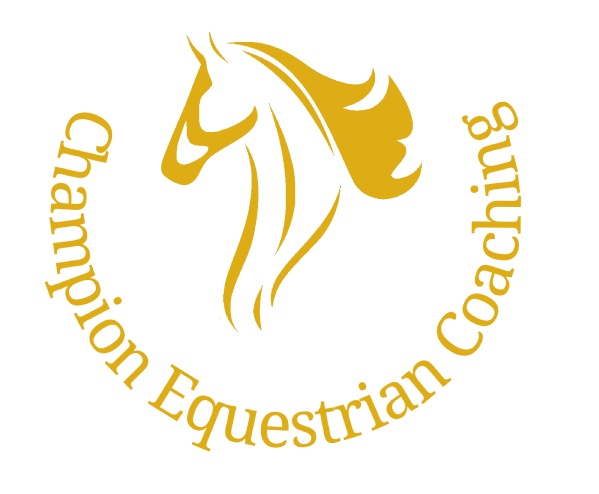The gentle nuzzle of a velvety nose, the rhythmic pounding of hooves on soft ground, the undeniable thrill of soaring over a jump in perfect sync – these are the moments that draw us, unequivocally, to horses. As horse lovers, our bond with these magnificent creatures runs deep, often beyond words. But in recent times, a stark light has been shone on the shadows lurking within our world, revealing instances of mistreatment and questionable training techniques, even at the highest echelons of equestrian sport. This forces us to pause, to reflect, and to ask ourselves: are we truly doing better by the horse?
World Horse Welfare and others have pioneered the “Five Domains” model of welfare, moving us beyond simply preventing suffering to actively promoting a positive mental state for our horses. It’s a holistic approach, encompassing:
- Nutrition: Is their diet optimal, not just adequate? Are they enjoying their food?
- Physical environment: Is their stable clean, comfortable, and stimulating? Do they have enough turnout and social interaction?
- Health: Are they free from pain, injury, and disease, and is their physical fitness appropriate for what we ask?
- Behavioural interactions: Are they able to express natural behaviours? Do they have positive interactions with us and other horses?
- Mental state: Taking all of the above into account, are they experiencing positive emotions, curiosity, and engagement, rather than just the absence of negative ones?
This framework, while seemingly straightforward, challenges us to look beyond the surface. It’s no longer enough to just feed and house a horse; we must strive for a life worth living for them.
The recent news of high-profile riders allegedly engaging in inappropriate enforcement techniques hits hard. It ignites a fire of concern for many of us who pour our hearts into these animals. It also raises a crucial question: if those at the pinnacle of our sport can falter, what does that mean for the rest of us?
As horse lovers, we have a collective responsibility. It’s about more than just our own horses; it’s about advocating for all horses. Here’s what I think we can all do:
- Educate ourselves relentlessly: The Five Domains are a starting point. Dive deeper into equine behaviour, ethology, and learning theory. Understand how horses perceive the world and how their physiology impacts their responses. The more we know, the better we can interpret their subtle cues and avoid practices that cause fear or distress.
- Speak up (respectfully, but firmly): If you see something that doesn’t sit right, don’t stay silent. This doesn’t mean becoming an aggressive critic, but rather engaging in constructive conversations. Share information, ask questions, and gently challenge methods that appear to compromise welfare. Support organisations that are working to improve standards.
- Demand transparency and accountability: The equestrian world needs to be more open about welfare practices. We should push for stricter rules, better enforcement, and independent oversight at all levels of the sport.
- Support ethical breeding and training: Look for breeders and trainers who prioritise welfare, temperament, soundness, and ethical methods over quick results.
And for me, as an equestrian coach, the responsibility feels even more profound. My role extends beyond teaching riding skills; it’s about nurturing a partnership built on trust, respect, and mutual understanding.
Here’s how I commit to doing better, and how other coaches can too:
- Prioritise the horse’s mental and physical wellbeing at all times: Every lesson, every training session, must begin and end with this principle. Is the horse comfortable? Are they engaged? Are we asking them to do something within their physical and mental capabilities? If the answer to any of these is no, we need to adjust.
- Teach and emphasise the Five Domains: It’s not enough for me to understand them; my students must too. I will weave these principles into my coaching, encouraging riders to observe their horses through this lens. For example by prompting “How do you think your horse feels right now?” “What are their behaviours telling us?”
- Promote positive reinforcement and ethical training methods: Harsh aids, force, and intimidation have no place in my sessions. I will champion techniques that encourage willingness, understanding, and joy in the horse, focusing on reward-based systems and clear communication.
- Foster empathy and connection: I will encourage my students to learn to listen to their horses, to understand their individual personalities, preferences, and quirks. Building a deep, trust-based bond is the foundation of true horsemanship.
- Lead by example: My own actions, both in and out of the saddle, will reflect the highest standards of horse welfare. I will be a constant learner, open to new research and willing to adapt my own practices to continually improve.
- Encourage critical thinking: I will continue to teach my students not just what to do, but why. Encourage them to question, to analyse, and to develop their own understanding of ethical horsemanship.
The journey towards truly doing better by the horse is an ongoing one. It requires humility, a willingness to learn, and an unwavering commitment to their well-being. It means challenging ingrained traditions and confronting uncomfortable truths. But the reward – a deeper, more profound relationship with these incredible creatures, built on trust and respect – is immeasurable. Let’s embrace this challenge, together, and ensure that the future of equestrianism is one where the horse is not just an athlete or a companion, but a cherished partner whose welfare is paramount.

